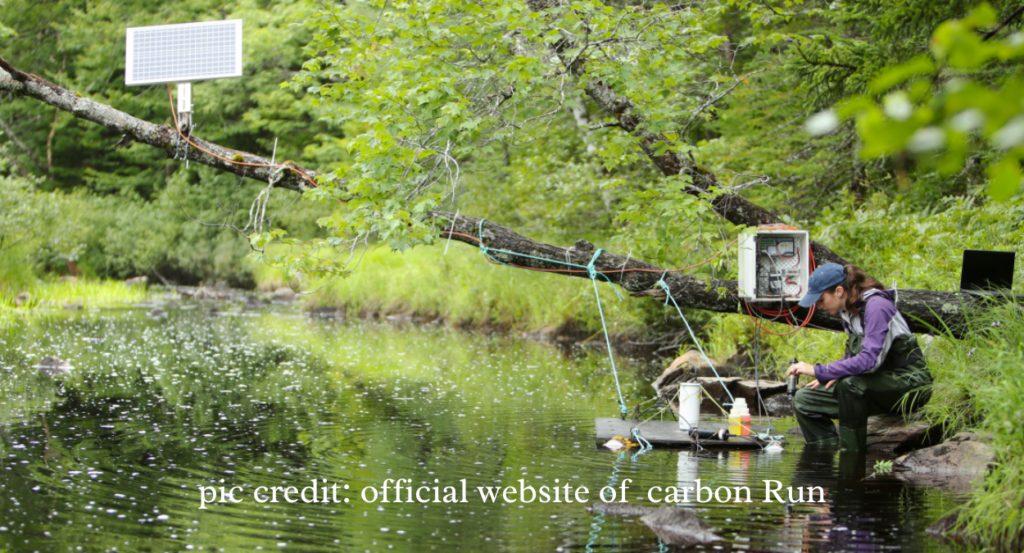FRB 20220610A is a remarkable astronomical discovery involving a powerful burst of radio waves that traveled through space for 8 billion years before reaching Earth. This makes it one of the most distant and energetic radio signals ever observed, providing valuable insights into the universe’s structure and evolution.
Significance of the Discovery of discovery of radio signal
The discovery of FRB 20220610A is significant because it allows scientists to study the intergalactic medium over a vast distance, helping to better understand the universe’s structure and how matter is distributed.
Distance and Age: The signal’s journey of 8 billion years means it has traveled more than half the age and width of the observable universe. This long travel time allows scientists to study conditions in the early universe.
Mystery of Fast Radio Bursts: Fast radio bursts (FRBs) like this one remain one of astronomy’s great mysteries. The exact causes of these bursts are still not fully understood, and discoveries like FRB 20220610A may help unravel these cosmic phenomena.
Insights into Cosmic Matter: The characteristics of the signal could provide clues about the universe’s hidden matter, potentially aiding in the understanding of its overall composition.
Conclusion
The detection of FRB 20220610A not only highlights the capabilities of modern astronomy but also opens new avenues for research into the fundamental questions about the universe. As scientists continue to analyze this signal, it may lead to groundbreaking discoveries about the cosmos and its history.
Efforts to Slow Global Warming in Nova Scotia by Carbon Run

Carbon Run, a startup based in Nova Scotia, is working on innovative methods to combat climate change by using ocean alkalinity enhancement to capture and sequester carbon dioxide (CO₂) from the atmosphere. This method involves adding substances like limestone (calcium carbonate) and magnesium oxide to the ocean, increasing its alkalinity and allowing it to absorb and store more CO₂ in a dissolved form. The startup is part of a growing field exploring nature-based and engineering solutions to remove carbon from the atmosphere, often referred to as carbon dioxide removal (CDR).
Funding and Support:
Carbon Run has received funding from Frontier, a $1 billion fund created by a coalition of major Tech-companies, including Stripe, Alphabet, Meta, Shopify, and McKinsey. Frontier’s mission is to accelerate the development of permanent carbon removal solutions by providing “advance market commitments,” meaning they pre-pay for the removal of CO₂ to help startups like Carbon Run scale their technologies.
Beyond Frontier, Carbon Run may have attracted other investors, both private and public, interested in supporting the development of innovative carbon capture technologies. Governments, particularly in countries with significant coastlines like Canada, may also support these efforts as part of broader climate initiatives.
Machines and Technology:
Carbon Run is building a specialized machine, costing $400,000, designed to implement its ocean alkalinity enhancement process at scale. While specific details about the machine’s engineering are not widely public, it likely includes:
Limestone and Magnesium Oxide Dispersion Technology:
The machines are expected to include equipment that grinds limestone and magnesium oxide into fine particles, which are then dispersed into the ocean in a controlled manner to avoid environmental damage.
Monitoring and Measurement Systems:
These machines may also have advanced sensors to measure ocean water’s pH levels and CO₂ concentrations, ensuring the alkalinity enhancement is effective without harming marine ecosystems.
Automation and Efficiency:
Given the complexity and scale of carbon removal, the machines likely incorporate automated systems to maximize the efficiency of mineral dispersal and minimize operational costs.
Broader Impacts and Potential:
Carbon Run’s efforts could play a crucial role in the global fight against climate change. By enhancing ocean alkalinity, it taps into the natural carbon-absorbing power of the oceans, providing a solution that could be scaled to capture gigatons of CO₂.
The $400,000 machines represent the initial phase of developing an efficient, scalable carbon removal solution. As the technology matures and the process is optimized, costs may decrease, making it more accessible for larger-scale deployment.
Conclusion
As Carbon Run continues to develop and deploy its technology, the combination of corporate and potentially government backing, like Frontier’s funding, could help establish ocean alkalinity enhancement as a viable part of global climate strategies.
